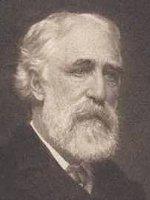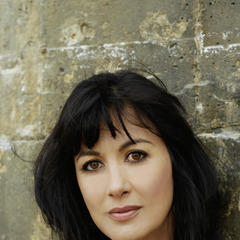Fyodor Dostoevsky Quotes about Suffering

What is hell? I maintain that it is the suffering of being unable to love.
FYODOR MIKHAILOVICH DOSTOEVSKY (1952). “GREAT BOOKS OF THE WESTERN WORLD”
Man is sometimes extraordinarily, passionately, in love with suffering.
Fyodor Dostoevsky (2013). “The Greatest Works of Dostoevsky: Crime and Punishment + The Brother's Karamazov + The Idiot + Notes from Underground + The Gambler + Demons (The Possessed / The Devils)”, p.2102, e-artnow
Break what must be broken, once for all, that's all, and take the suffering on oneself.
Fyodor Dostoevsky, Jane Austen, Lewis Carroll, Charlotte Perkins Gilman, Sir Arthur Conan Doyle (2014). “The 10 Greatest Books of All Time”, p.330, Google Publishing
FYODOR DOSTOEVSKY (1960). “NOTES FROM UNDERGROUND AND THE GRAND INQUISITOR”
Fyodor Dostoevsky, Jessie Coulson (2008). “Crime and Punishment”, p.13, Oxford University Press
Fyodor Dostoevsky (2012). “The Idiot (Vintage Classics)”, p.81, Vintage
Fyodor Dostoevsky, Jane Austen, Lewis Carroll, Charlotte Perkins Gilman, Sir Arthur Conan Doyle (2014). “The 10 Greatest Books of All Time”, p.14, Google Publishing
Fyodor Dostoevsky (2015). “Crime and Punishment: Dostoevsky's Collections”, p.237, 谷月社
"Notes From Underground And The Grand Inquisitor".
I did not bow down to you, I bowed down to all the suffering of humanity.
Fyodor Dostoevsky, Jane Austen, Lewis Carroll, Charlotte Perkins Gilman, Sir Arthur Conan Doyle (2014). “The 10 Greatest Books of All Time”, p.321, Google Publishing
On our earth we can only love withsuffering and through suffering.
"The Dream of a Ridiculous Man". Book by Fyodor Dostoevsky, III, 1877.
"Crime and Punishment". Book by Fyodor Dostoevsky, Pt. II, 1866.






